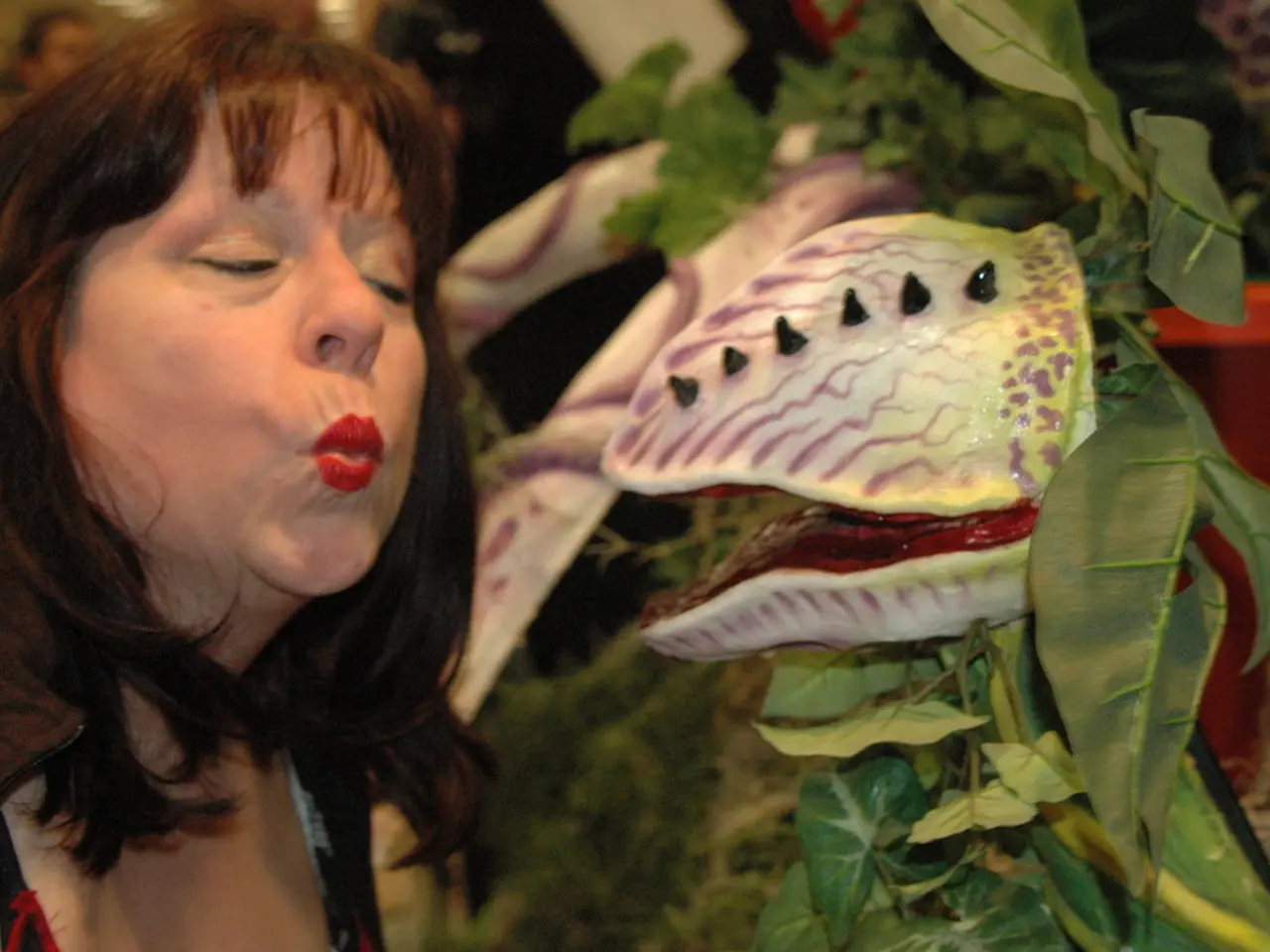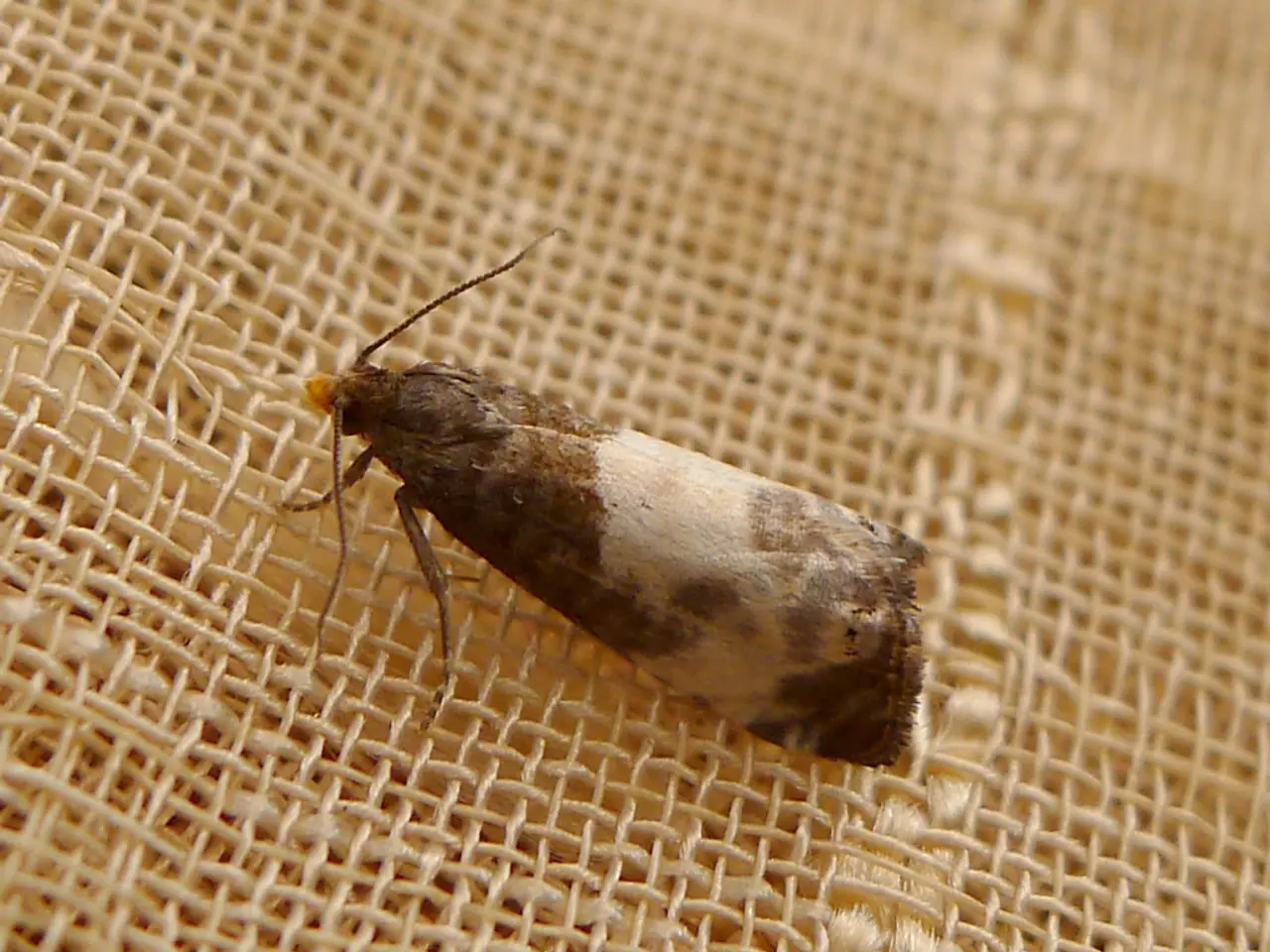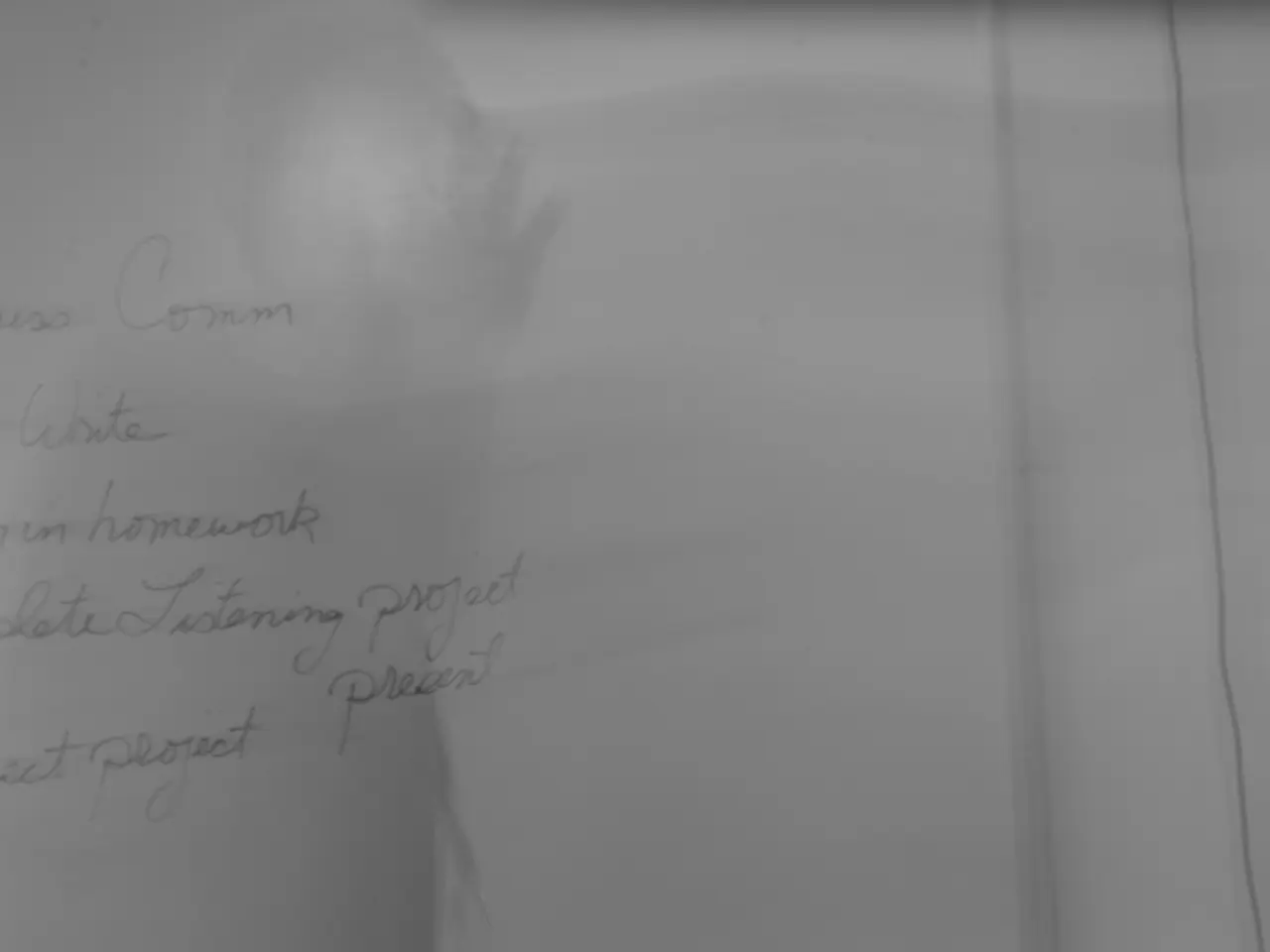Vaginal itching during menstruation: Reasons and ways to find relief
Vaginal itching during a menstrual period can be a common and uncomfortable experience for many women. While it is often harmless, it can be a symptom of various conditions that require attention. Here are some of the most common causes, home remedies, and treatments to help manage this issue.
One of the most frequent causes of vaginal itching during a period is a yeast infection. These infections, caused by an overgrowth of yeast naturally present in the vagina, can be triggered by hormonal changes, antibiotic use, or poor diabetes control[1][5]. Other causes include bacterial vaginosis, a condition characterized by an imbalance of vaginal bacteria, and dermatitis or allergies to period products such as scented pads, tampons, or synthetic fabrics[3].
To alleviate vaginal itching, it is essential to maintain good hygiene. This includes cleaning the vulva gently with warm water and a mild, fragrance-free soap, avoiding douches or wipes that may worsen irritation[1][3]. Using unscented, gentle hygiene products and switching to fragrance-free pads or tampons can also prevent contact dermatitis[3].
Home remedies for vaginal itching aim to limit sources of irritation, reduce excess moisture, and maintain an optimal balance of microorganisms inside the vagina. Some specific home remedies include not douching, wearing cotton underwear, and using fragrance-free laundry detergent and avoiding fabric softeners[6]. Taking probiotic supplements may also help restore the balance of bacteria in the vagina[6].
If symptoms persist beyond two to three days or worsen, it is crucial to consult a healthcare provider. They may prescribe topical or oral antifungals or antibiotics for bacterial infections[1][5]. In some cases, vaginal itching may be a symptom of more serious conditions such as gynecologic cancers or autoimmune conditions like lichen planus[2][4].
In summary, vaginal itching during periods is commonly caused by yeast infections, bacterial imbalances, hormonal shifts, or irritants, and can often be alleviated by gentle hygiene, avoiding irritants, and appropriate antifungal or antibiotic treatments when necessary[1][3][5]. By being aware of these causes and taking simple precautions, women can manage this uncomfortable issue and maintain their overall health.
References: [1] Mayo Clinic. (2021). Vaginal itching. Retrieved from https://www.mayoclinic.org/diseases-conditions/vaginal-itching/symptoms-causes/syc-20365225 [2] American Cancer Society. (2021). Vaginal itching. Retrieved from https://www.cancer.org/cancer/cancer-causes/infections/hpv/vaginal-itching.html [3] Healthline. (2021). Vaginal itching causes and home remedies. Retrieved from https://www.healthline.com/health/vaginal-itching-causes-and-home-remedies [4] WebMD. (2021). Vaginal itching causes. Retrieved from https://www.webmd.com/women/guide/vaginal-itching-causes [5] Cleveland Clinic. (2021). Vaginal yeast infection. Retrieved from https://my.clevelandclinic.org/health/diseases/14792-vaginal-yeast-infection [6] Verywell Health. (2021). Vaginal itching: causes, symptoms, and treatments. Retrieved from https://www.verywellhealth.com/vaginal-itching-causes-symptoms-and-treatments-1465678
- While a yeast infection is a common cause of vaginal itching during menstruation, it can also be caused by bacterial vaginosis or dermatitis, an allergic reaction to feminine hygiene products.
- Psoriasis, an autoimmune disease that causes red, scaly patches on the skin, can sometimes affect the genital area, leading to similar symptoms as vaginal itching.
- Poor hygiene or the use of scented products can exacerbate vaginal itching, making it harder to diagnose the underlying cause.
- In addition to a yeast infection, ulcerative colitis, a type of inflammatory bowel disease, can cause vaginal itching due to the presence of psoriasis-like lesions on the vulva.
- Certain health conditions, such as diabetes or HIV, can increase the risk of developing a yeast infection, leading to vaginal itching during menstruation.
- In some cases, vaginal itching may be a symptom of a more serious condition like Crohn's disease, ankylosing spondylitis, or even autoimmune diseases like lupus or rheumatoid arthritis.
- Predictive models in science have shown that women who experience vaginal itching during menstruation may be at higher risk for experiencing other health problems, such as mental health issues like depression or bipolar disorder.
- Womens-health expert recommend washing the vulva with lukewarm water and a mild, fragrance-free soap to help manage vaginal itching.
- In some cases, women may experience dryness and thinning of the vulva skin, called atrophic vaginitis, which can lead to itching and discomfort during menstruation.
- The macular degeneration in the eyes, a degenerative disease, can lead to dryness and discomfort in the genital area, which may contribute to vaginal itching during menstruation.
- It is important to seek medical advice if vaginal itching persists past a few days, as it could be a symptom of a more serious underlying condition such as pre-cancerous or cancerous changes in the cervix or vulva.
- Health-and-wellness professionals advise against the use of harsh chemicals like hydrogen peroxide or tea tree oil as they can irritate the skin and worsen vaginal itching.
- Allergies to various ingredients in hygiene products, such as latex, dioxide or fragrances, can cause a rash and itching in the genital area.
- Besides vaginal itching, some women may experience symptoms like dryness, pain during sex, and discharge, which may indicate a more serious condition like Alzheimer's or dementia, as these diseases can affect hormonal balance and leading to changes in the vagina.




